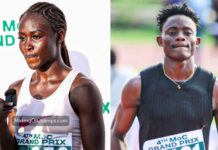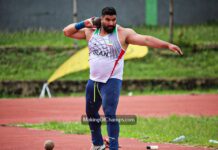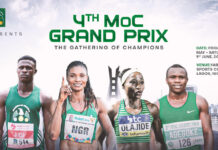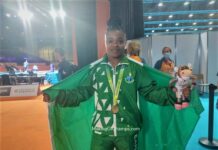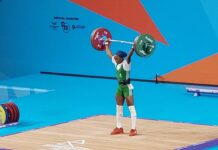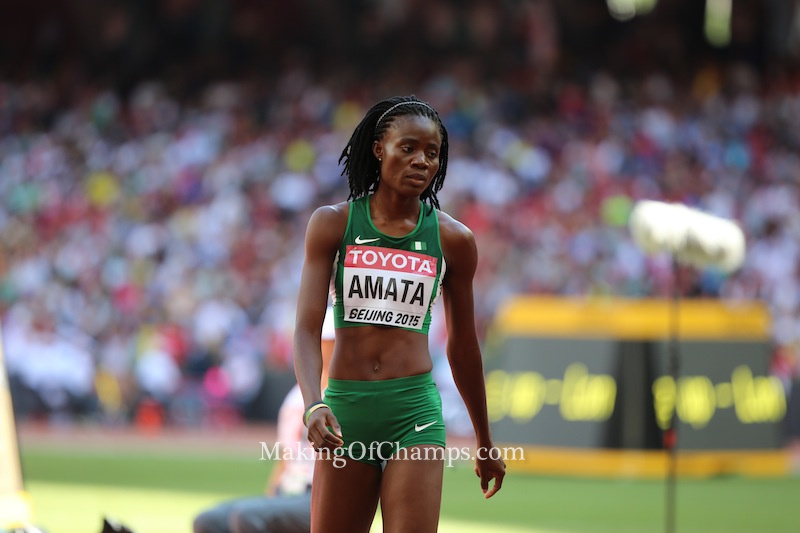In a bid to have greater representation at the forthcoming Olympic Games in Rio, the International Athletics Association Federations (IAAF) has reviewed some of its qualifying standards downwards, much to the delight of athletes who would be keen on participating in the world’s biggest sporting fiesta next year.
Part of the IAAF’s release read, “The aim is to have more athletes achieving the standard and therefore, to get closer to the target number of participants.”
While this sounds like good news to athletes around the globe, it is not yet clear if this change would make any difference in the life of the average Nigerian athlete, going by the steep standards set by the Athletics Federation of Nigeria (AFN) ahead of the games.
The marks initially released by the federation last month were way above the standards set by the international body, and it is unclear why the AFN would seek to make it more difficult for its athletes to secure Olympic berths, while the IAAF is doing the exact opposite.
In the amended entry standards released by the IAAF on Thursday, 17 events were reviewed and they include the women’s 400m, 800m, 1500m, women’s High Jump, Triple Jump and women’s Shot put amongst others.

Technically speaking, Nigeria’s High Jump queen Doreen Amata has already qualified for Rio 2016 after jumping a near lifetime’s best of 1.94m in Senegal earlier this year; this equals the former mark quoted by the IAAF, while the amended standard was lowered to 1.93m. Would she be allowed to scale through, or would the national body insist that she makes a clearance of 1.98m as stated in its own rule book?
The likes of Tosin Oke and Olu Olamigoke now need to jump 16.85m instead of the IAAF’s initial stance of 16.90m. The pair had already gone past this standard in Brazzaville with 17.00m and 16.98m respectively, which got them the Gold and Silver at the African Games. It remains to be seen if they would need to make the federation’s standard of 17.26m before being included in Nigeria’s contingent to Rio.
AFN’s Technical Director, Navy Commodore Omatseye Nesiama insists that the standards set by the federation can be surpassed by the athletes. That notwithstanding, he says that the former marks will be reviewed in due course:
“The standards are realistic. Even with the standards we have set, we have over 20 athletes who have already qualified and if you can get even five medals from the Olympics, that can be defined as success by our own standard.
“Setting the qualification deadline from January 1 is to make the athletes repeat the performance; most countries make you qualify at least twice. If you have qualified last year, no problem, but if you really want to want to perform within this year too, you should be in that same shape or even higher than when the mark was met.
“In South Africa, if you don’t run the standard twice, you won’t be allowed to go for any competition. The IAAF reviewed their standards and we will also review ours as we go along, based on our circumstances but when that happens, we will let everyone know”, he said.
The timeline given by the IAAF for meeting these marks was May 1, 2015 to July 11, 2016; AFN however put January 1 to June 30, 2016 as the timeframe for these standards to be achieved, which incidentally, falls before the National trials which have been fixed for July 7 to 9.
Athletes have been known to put up some of their best performances of the year at national championships. Won’t the federation be shooting itself in the foot if it maintains this deadline, which falls before the National Trials?
